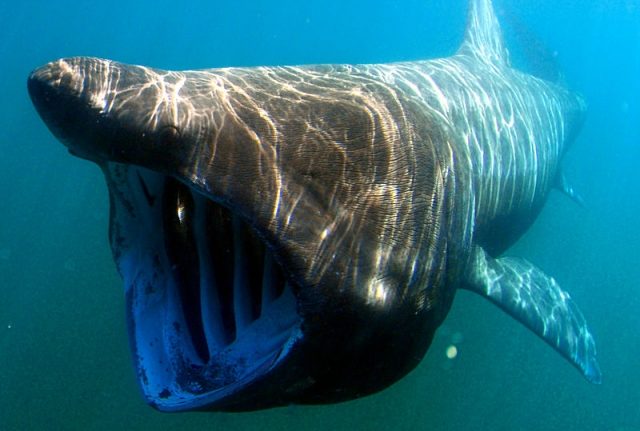Just days after Spain allowed its 46 million inhabitants to head to the country’s beaches for the first time in more than two months, a number of shark encounters have showcased how quickly the animal kingdom can regain territory.
There have been more than 15 sightings of basking sharks (the second largest shark in the world) along Spain’s Mediterranean coast so far this spring.
Spain’s Civil Guard captured images of one of these enormous creatures, which measure up to eight metres in length but are not considered a threat to humans.
On the Canary island of Tenerife, another marine species – the angel shark or monkfish (see below)– has been swimming in shallow waters where up until recently only beachgoers would be found.
There have been four attacks in just three days, with experts warning the public they shouldn’t interact with the creatures as they bite when they feel threatened.

“The drop in maritime traffic and fishing activities as a result of the confinement measures have a lot to do with the increase in shark sightings, ” Claudio Barría, a researcher at the Institute of Marine Sciences (ICM-CSIC) in Barcelona, told Telecinco.
“Some studies indicate that Storm Gloria (a storm which brought gail-force winds and heavy rainfall to Spain in January) could have increased the amount of plankton in the Mediterranean, attracting more sharks that feed off it”.



 Please whitelist us to continue reading.
Please whitelist us to continue reading.
Member comments